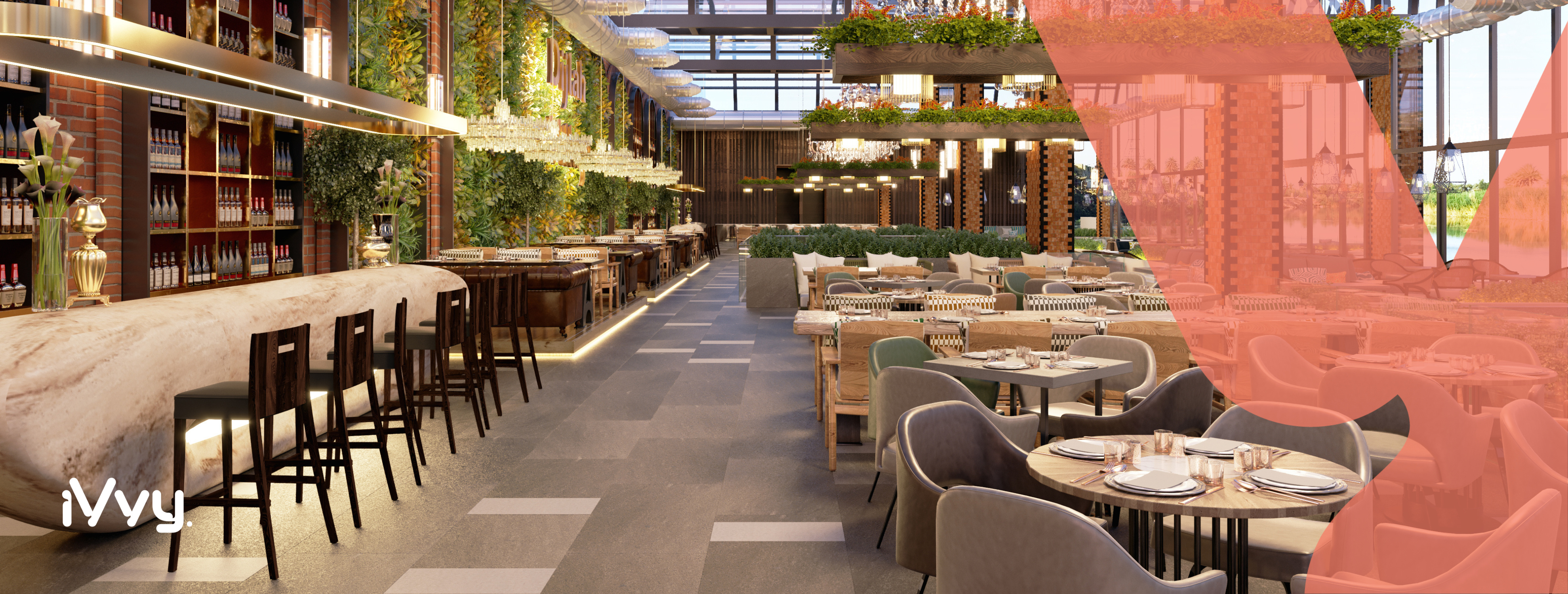
Now more than ever before, venues around the world are utilising hospitality tech to buck tradition. While the customer is still at the heart of all operations, they now play a more active role than ever in determining what kind of experience they want, when they want it, and how they want it delivered. While some kind of technology is now an expectation rather than a perk (Wi-Fi and smart TVs, for example), others are transforming the way the sector operates.
Guests now have the opportunity to have a completely personalised experience, whether it’s dining out, or enjoying a weekend getaway. At the same time, venues now have the opportunity to utilise technology to save time and money, a most welcome addition to the industry’s tumultuous past few years. Helping this all to come to fruition is the rise of hospitality tech.
Find out more about the rise of hospitality tech, how it’s helping to modernise the sector, and why I believe it’s worth the investment for your venue.
What is hospitality tech?
Hospitality tech is any technology-based product or service used to improve internal operations or create a greater experience for patrons or guests.
Consider this statistic - 47% of hotel guests now are more likely to go to a hotel restaurant if they have the option to order via an app.
While the boom of online food ordering and delivery has been one of the key facilitators for industry digitalisation, it’s staggering to see just how much technology has revolutionised the hospitality sector. Digital check-ins, chatbots, and contactless payments have spilled over into accommodation services, catering to changing consumer desires for greater convenience and value. Furthermore, data accumulated on a guest’s search and booking behaviour now better enables venues to target their ideal audience by providing them with messaging, offers, and customised content.
The rise of hospitality tech has transformed to place guests firmly in the driver’s seat, catering to consumer desires for greater convenience and value. Hospitality venues that capitalise on personalisation provide guests with greater opportunities on how they want to engage with venues throughout their entire experience, from enquiry to booking.
Leveraged across all departments, hospitality technology is designed to streamline operations, making it easier for venues to do more with less, without compromising the quality of the guest experience.
Major tech trends in the hospitality industry
The hospitality industry is no stranger to new innovations, however there are a few particular trends I believe are worth considering as an investment.
In January 2021, Statista conducted a worldwide survey posing the question to hoteliers “Where do you see your organisation's IT environment two years from now?" The majority of respondents believed their IT environment would largely be on the cloud (87% total), with only 6% believing IT would be on-premise.
Cloud migration offers hospitality venues greater efficiency with lower acquisition costs. Small and large venues alike are turning towards cloud-based technologies to simplify business operations, reduce time and administrative costs, and provide clients and guests with a greater experience. However, it’s not just cloud-based technology driving the industry’s transformation.
Advances in technology have significantly reduced administrative time and costs for both guests and venues. Guests can now utilise contactless check in and check out for a seamless experience, as well as opt in for text message updates regarding restaurant reservations or daily specials.
In the same vein, tech has now progressed to a point in hospitality in which guests now have the power to contribute to a venue’s overall sustainability goals using integrated applications. As one of the largest sector contributors to carbon output, hotels need to invest in sustainable practices - technology has made huge strides in making this happen. Smart property management systems can now give guests the opportunity to set their own room temperature, and turn off the lights when not in use. This can have a significant impact on operational costs, but improve the overall image and reputation of a venue.
When it comes to venue marketing, social media and the rise of influencer marketing have radically transformed the relationship between guests and venues. As a modern take on traditional word-of-mouth advertising, guests and potential guests can now instantly exchange personal experiences and viewpoints on venue rates, amenities, and service quality.
Making the investment
While speed and convenience are at the heart of hospitality tech, it’s important to consider what you can do to balance the guest experience with human interaction. After all, your venue needs to be able to distinguish itself with a personality. While technology can be utilised to improve the overall venue experience, it alone can not compensate for authentic, quality service.
Of course, I wholeheartedly believe in the vast power that technology holds for the industry. When incorporated under a strategic plan, tech can play a huge role in improving venue turnover, simplifying internal operations, creating more targeted marketing initiatives for greater brand exposure, and ultimately amplifying the guest experience.
Start by reviewing your current tech assets. Define what’s working, what’s not, and how can you leverage rising hospitality tech trends to improve business operations. Establish set goals for your venue (both internal and external), research the kinds of tech that could help you to achieve these goals, and calculate your return on investment. Ensure all members of staff are trained to utilise any chosen technologies to their full capacity.
Finally, establish data points to track and analyse effectiveness - make sure what you’ve chosen is the right fit for your business needs, and helps you to progress towards your overall business goals.
.png)
